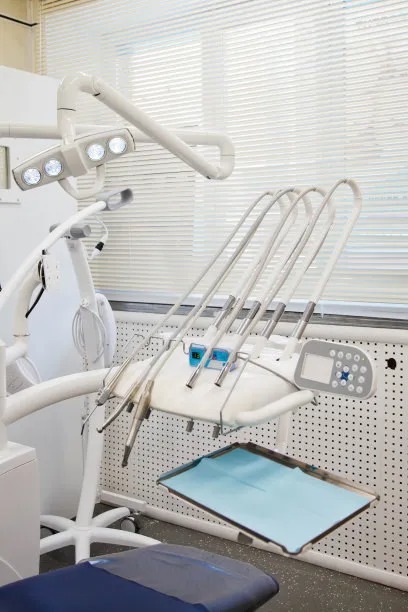Essential Guide to Key Precautions for Successful Dental Implantation and Postoperative Care Considerations
Summary: Successful dental implantation relies heavily on careful precautions and attentive postoperative care. This article outlines essential guidelines for both procedures, emphasizing pre-operative preparations, surgical techniques, the importance of patient compliance, and long-term care strategies. We explore key factors that can influence the outcome of the procedure and highlight best practices to ensure optimal recovery. By following these guidelines, patients can significantly improve the likelihood of successful implants and enhance their overall oral health.
1. Pre-Operative Preparations are Crucial

Before undergoing dental implantation, it is essential for patients to prepare adequately. This involves a thorough consultation with a qualified dental professional to evaluate one’s oral health. Clinicians often conduct imaging studies, such as X-rays or CT scans, to assess bone density and spatial orientation. Understanding the patients medical history is fundamental in determining the best approach for implantation.
Patients must also follow specific instructions given by their dentist before the procedure. This can include dietary restrictions, avoiding smoking, and possibly taking prescribed antibiotics to prevent infection. Proper preparations help mitigate risks during surgery and can lead to more favorable outcomes.
Additionally, discussions regarding financial aspects and insurance coverage can reduce anxiety. Understanding the financial implications allows patients to be better prepared, both mentally and financially, for the procedure. Transparency about costs promotes trust between patients and dental professionals, eliminating potential misunderstandings.
2. Surgical Techniques for Optimal Results
The technique employed during dental implantation can significantly impact the success of the procedure. Surgeons must be skilled in the use of various surgical methods and technologies, such as guided implant surgery, which improves accuracy and minimizes complications. These advanced techniques bring greater precision and help in placing the implants securely in the jawbone.
Moreover, sterile techniques are crucial to minimize infection rates during surgery. Dental professionals should follow strict protocols for cleanliness and use appropriate surgical instruments. Ensuring a clean environment enhances patient safety and reduces the risk of postoperative complications.
Finally, patient sedation options are another critical aspect of the surgical procedure. Understanding and discussing the sedation process can help reduce patient anxiety and enhance the overall experience. Informed patients who are comfortable with their procedures tend to recover better and are more compliant with post-operative care guidelines.
3. Importance of Patient Compliance
Post-operative success largely hinges on patient compliance with care instructions. Immediately after the surgery, patients are often advised on how to manage discomfort and signs of infection. Adhering to pain management protocols and attending follow-up appointments are vital for monitoring healing progress.
Furthermore, avoiding strenuous activities and following dietary precautions are essential for optimal recovery. Patients must understand the significance of avoiding hard or sticky foods to prevent disruptions to the healing process. Shared educational resources can empower patients to adhere to these guidelines effectively.
Engaging family members or caregivers in the recovery process can also enhance compliance. Support from loved ones can encourage patients to follow through with their post-surgery care routine, allowing the individual to focus on healing while feeling supported by their circle.
4. Long-Term Care Strategies for Implants
Once the initial healing phase is complete, long-term care becomes a key factor in maintaining dental implants. Regular dental check-ups are crucial for monitoring the condition of the implants and overall oral health. Dentists can identify and address any potential issues early on, preventing more significant problems down the line.
Home care practices are equally important. Patients should be diligent in their oral hygiene routines, including regular brushing and flossing, to keep the implant area free from plaque buildup. Education on the use of special cleaning devices designed for dental implants can help patients maintain their implants effectively.
Lastly, lifestyle factors play a role in the long-term success of dental implants. Patients are encouraged to adopt a balanced diet, stay hydrated, and avoid tobacco products. Each of these practices contributes not only to oral health but overall well-being, enhancing the durability of dental implants over time.
Summary:
The journey to successful dental implantation begins with thorough pre-operative preparations, followed by precise surgical techniques. Patient compliance plays a crucial role in postoperative recovery, while long-term care strategies ensure the longevity of the implants. By adhering to the precautions and best practices described in this article, patients can significantly enhance their odds of successful outcomes.
This article is compiled by Vickong Dental and the content is for reference only.



